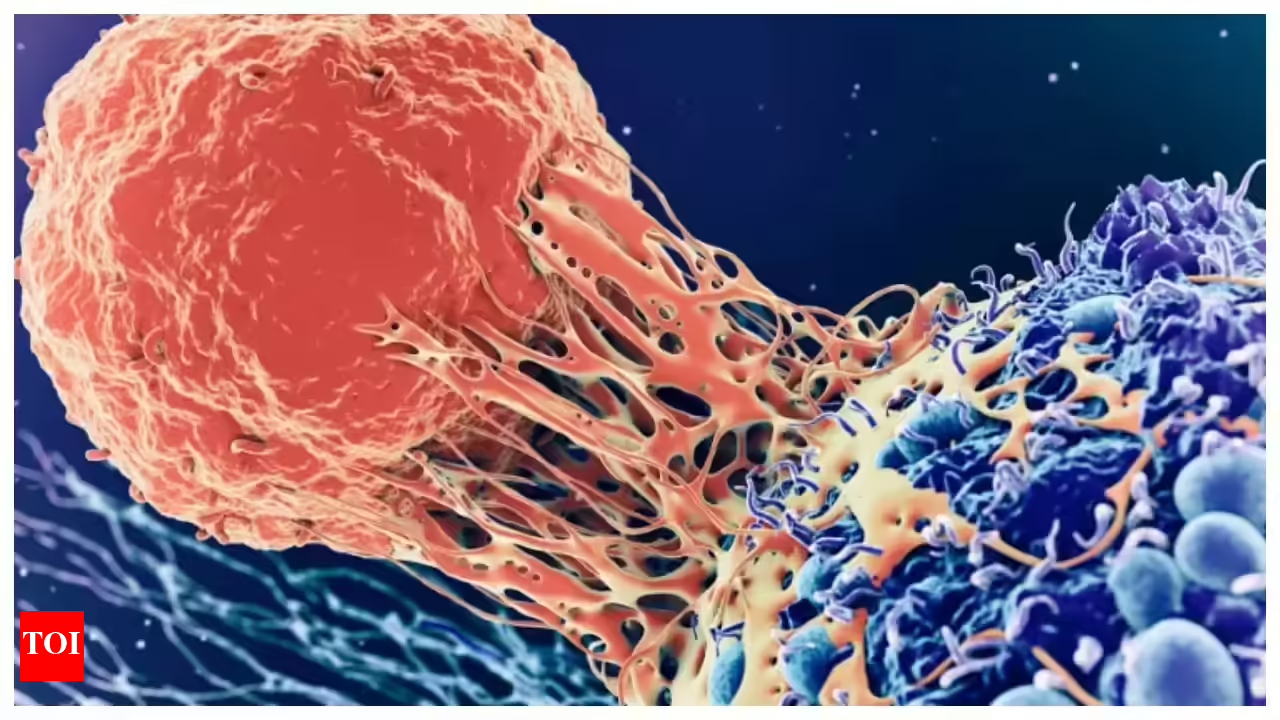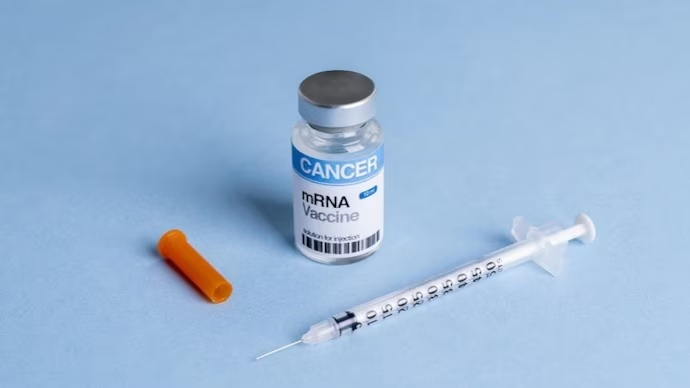Enteromix: The First mRNA-Based Cancer Vaccine
- LongVo
- November 15, 2025

Enteromix: The First mRNA-Based Cancer Vaccine
In a groundbreaking development, Enteromix is poised to become the first cancer vaccine built on mRNA technology, the same platform that powered the successful COVID-19 vaccines. This pioneering approach could one day offer a new way to prevent cancer — before it even develops.
A New Era for Cancer Prevention
Early studies of Enteromix in mice have shown promising results. The vaccine was able to prevent the formation and spread of tumors, with an impressive 80% of the test subjects remaining tumor-free for 250 days. These results offer a glimmer of hope that mRNA technology — which has already proven its efficacy in combating viral infections — could be adapted to fight cancer as well.
The potential of Enteromix lies in its ability to prompt the immune system to recognize and attack cancer cells before they can form or spread. This approach is particularly exciting because, unlike traditional cancer treatments like chemotherapy and radiation, which are used after a diagnosis, a cancer vaccine could potentially stop the disease from ever starting.
The Science Behind the Vaccine
Enteromix uses mRNA technology to instruct the body’s cells to produce proteins that help the immune system identify and destroy cancer cells. This method is fundamentally different from previous cancer treatments, which have often focused on attacking existing tumors. Instead, Enteromix aims to prevent cancer by boosting the body’s natural defense mechanisms, helping it recognize and fight cancer cells before they become a threat.
A Long Road Ahead
While the results from animal studies are encouraging, human trials are still years away. Before Enteromix can be used in humans, it must undergo rigorous testing in clinical trials to assess its safety, effectiveness, and potential side effects. Even if it proves to be successful in humans, the vaccine will need to be thoroughly studied in large populations to ensure it works across different types of cancer and diverse patient groups.
However, the concept itself is revolutionary: a vaccine that could one day stop cancer before it has a chance to develop, similar to how vaccines prevent infectious diseases like flu or COVID-19.
What This Could Mean for the Future of Cancer Treatment
If Enteromix proves successful, it could dramatically shift the landscape of cancer treatment and prevention. Instead of waiting for a diagnosis, patients could receive a preventive vaccine that works proactively to reduce the risk of cancer altogether. This could be especially valuable for high-risk individuals or those with a family history of certain cancers.
Additionally, the ability to prevent cancer through vaccination could have significant public health implications, potentially saving millions of lives and reducing the overall burden of cancer on healthcare systems worldwide.
Cautious Optimism
While Enteromix is undoubtedly an exciting development in the fight against cancer, it’s important to remember that we are still in the very early stages. Human trials, which will take years to complete, are crucial to determining whether this vaccine can live up to its potential.
But even if Enteromix doesn’t provide an immediate cure, its promise could pave the way for other mRNA-based treatments targeting various cancers in the future. With the rapid advances in biotechnology, it’s possible that what was once thought of as science fiction could one day become a reality: a world where cancer is no longer an inevitable diagnosis, but a disease that can be prevented before it even starts.
The Bottom Line
Enteromix represents a bold new frontier in cancer treatment, combining cutting-edge mRNA technology with the potential to prevent cancer before it develops. While we are still far from seeing it on the market, its early success in animal studies offers a glimmer of hope for what the future of medicine could look like.
If this approach succeeds, we could be witnessing the dawn of a new era in cancer prevention — one where a vaccine might not only protect us from infectious diseases but also from the scourge of cancer itself.
What are your thoughts? Could Enteromix be the key to preventing cancer in the future, or is it still too early to tell? Share your opinion!